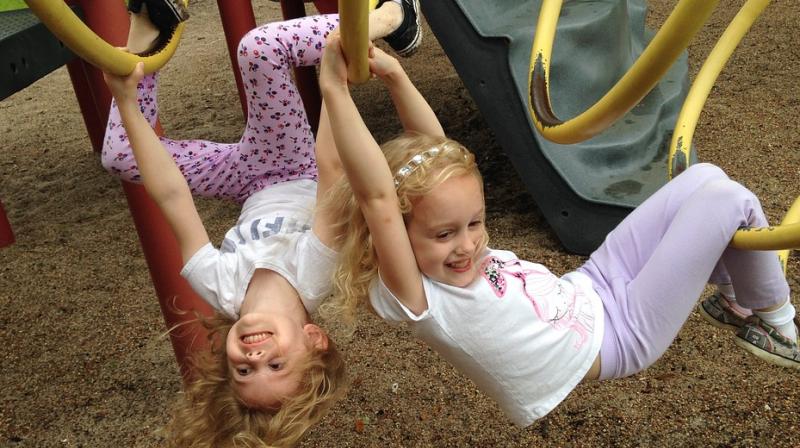Playing with kids in kindergarten is key to stellar teenage years
Cognitive skills and experiences like classroom-based play in kindergarten can make them participate in extracurricular activities

Washington D.C.: If you want your kid to be a stellar student in their adolescence, then encourage them to play with their friends in kindergarten.
Cognitive skills and experiences like classroom-based play in kindergarten can make them participate in extracurricular activities in 8th grade, especially children growing up in poverty, finds a study.The research appears in journal of Applied Developmental Science.
"This study provides first-time empirical evidence that young children's experiences and skills in kindergarten may shape their engagement in society later in life," said study author Jennifer Astuto from New York University in the US."The developmental skill, executive function and engagement in classroom-based play are not only important for being 'school-ready,' but also may be unique pathways to becoming 'civic ready' for children growing up in the context of poverty in America," Astuto added.
They examined the gap in civic engagement among low-income communities and their higher-income counterparts.This study focused on 7,675 students, who were living in poverty in kindergarten during the 1998-1999 and were followed through 8th grade.They looked at two factors in kindergarten - children's executive function and exposure to play in the classroom - and how they contributed to the students' participation in different extracurricular activities in 8th grade.
The researchers found that greater executive function predicted participation in drama and music clubs, sports and the overall number of hours spent in extracurricular activities.The findings indicated that classroom-based play provides an opportunity for children to develop executive functions, including controlling emotions, resisting impulses and exerting self-control.
Through play, children learn to become a member of a social group and follow rules, foreshadowing the skills and behaviors of a civically engaged adolescent or adult."When young children are engaged in play they have the opportunity to create and develop ideas - as well as a sense of community - with other children," Astuto noted.
"Sharing and encouraging each other's curiosity and imagination through play can build a sense of appreciation for the value of working together toward a common goal, even when differences exist," Astuto said.Engagement in classroom-based play was also a significant predictor of participation in clubs and activities in middle school after controlling for executive function.

